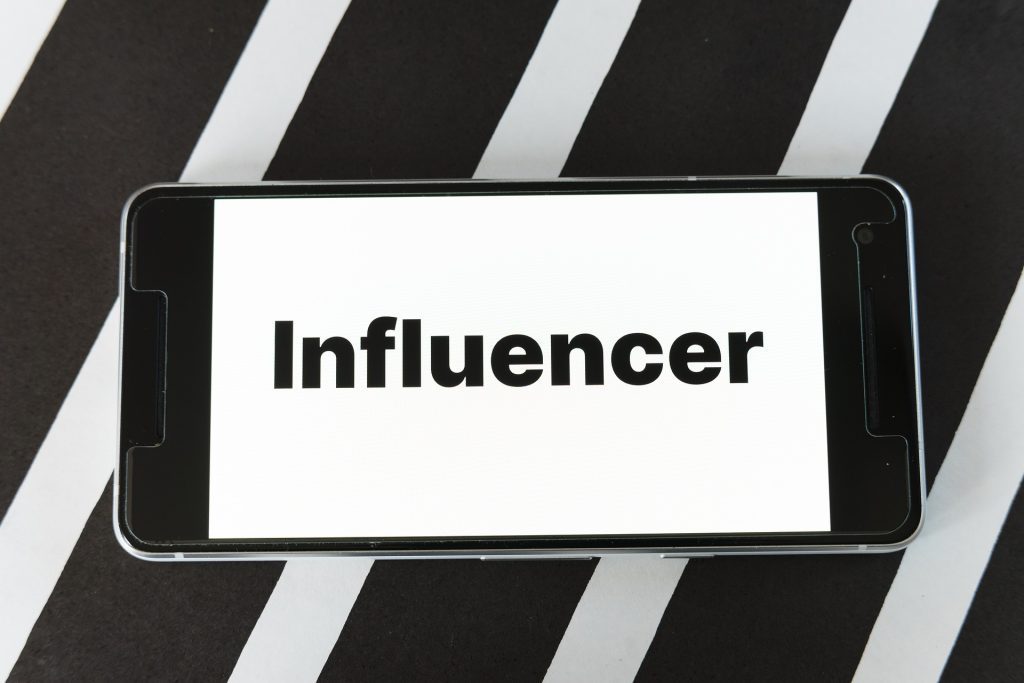This article is part of a series of writings we are posting to our blog, which are excerpted from Chris Rosica’s latest book, The Power of B2B Social Media. This new book explores the often overlooked and undervalued benefits of B2B social media. It clearly demonstrates the advantages that businesses marketing to other companies can realize when embracing this important marketing channel.
Influencers are people who have the power to impact a group of people’s purchasing decisions because of their relationship with an audience or their positioning as an expert in a given field. One simple example: Imagine that you sell medical equipment to hospitals, long-term care facilities, GPOs, and physicians’ offices. You attend an industry tradeshow. The keynote speaker at that conference is a well-respected influencer. If that person is on stage and mentions a new PPE solution for front-line caregivers he or she saw at your booth, the speaker can influence the attendees—and the industry.
An influencer can also be a blogger, a well-regarded writer for a trade publication, an accomplished consultant, industry analyst, or anyone who is credible and has a significant social following. They can also encompass key opinion leaders, subject matter experts, clinicians (doctor, nurse, veterinarian, PhD, etc.), top-rated speakers, professional associations, conference managers, advocacy groups, authors, and other authorities. Here is what they have in common: They influence via social media, which is another reason to be proactively engaged on social channels.
With this understanding of the term influencer, let us turn to influencer marketing. Influencer marketing is the idea that if a company “markets” to the third-party influencer, this subject matter expert can speak about and recommend the company’s products, services, and expertise to the industry (and her/his followers). Going with the example of a company that sells equipment to construction companies, you might provide an industry blogger with early access to a new, game-changing piece of machinery via an exclusive product demo in the hopes that the influencer will write about and recommend the product.
Today, influencers are what the media were a decade ago. An endorsement from the right influencer validates your product or service, positions you as an authority, and builds trust, communicating that you are a safe resource. Highly credible third-party placements from influencers can go far to build trust and close deals. Plus, their online presence can impact not only your social media results but, in some cases, your organic search rankings as well.
If your industry has a limited number of influencers, seek out and build relationships with micro-influencers (those with small but highly relevant followings) and work to build credibility and visibility through the earned media and thought leadership tactics I’ve outlined.
Look for more excerpts from The Power of B2B Social Media by Chris Rosica on our blog in the coming weeks.
Chris is president of Rosica Communications, an award-winning national PR, digital marketing, and integrated marketing communications agency that specializes in the nonprofit, education, animal health/pet product, and healthcare sectors.

